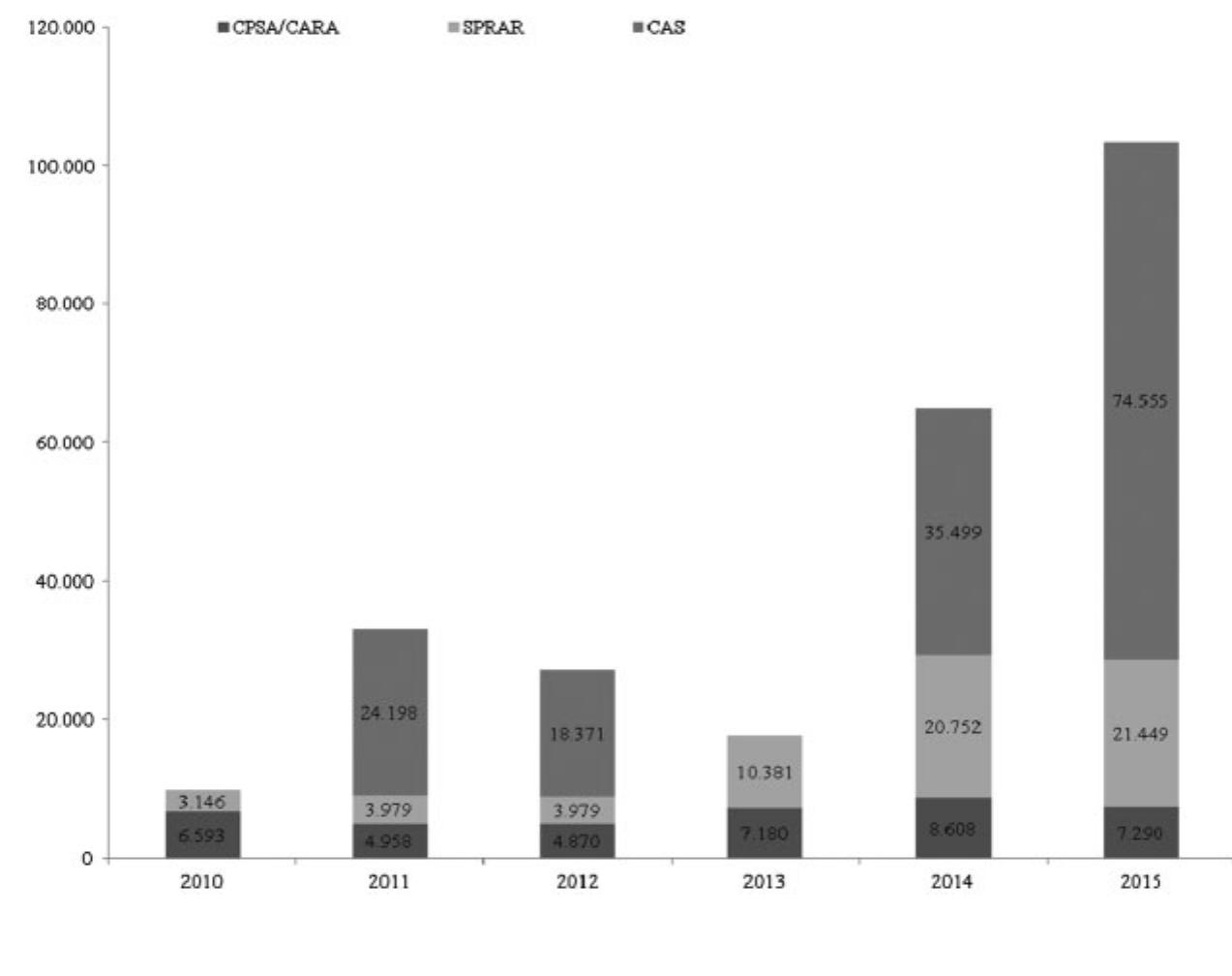Key research themes
1. How do institutional roles and inter-institutional dynamics shape the effectiveness and outcomes of asylum litigation in national contexts?
This theme investigates the interplay among lawyers, judges, government officials, and country experts within asylum adjudication processes, focusing on how institutional structures, policy ambiguities, and legal practices constrain or facilitate access to justice for asylum seekers. It highlights the semi-autonomous legal field where decisions, legal interpretations, and discretionary policies coalesce to affect the legal redress possibilities and protection outcomes.
2. What are the challenges and ethical considerations regarding access to health and social services for asylum seekers within national legal and policy frameworks?
This theme examines the intersection of asylum law with health and social justice, focusing on how asylum seekers’ rights to health care and well-being are framed, limited, or guaranteed within national constitutions, international law, and health policies. It interrogates moral and constitutional debates about service provision, the differential treatment of asylum seekers compared to citizens and recognized refugees, and the broader implications for health justice in asylum contexts.
3. How do legal frameworks and policy proposals at the supranational level (especially the EU) impact asylum protection systems, responsibility-sharing, and the coherence of refugee rights?
This theme covers the structural reform efforts, regulatory harmonization challenges, and human rights implications of asylum policy reforms at the EU level. It evaluates the limitations and contradictions within the Common European Asylum System (CEAS), focusing on responsibility allocation mechanisms like the Dublin Regulation, the tensions between national sovereignty and EU integration goals, and proposals aimed at enhancing solidarity, fairness, and legal coherence across Member States.
4. How do asylum seeker narratives and credibility assessments in asylum processes interact with the concepts of truth, deception, and cultural misunderstandings?
This theme explores the complex dynamics surrounding the evaluation of asylum seekers' credibility, focusing on the blurred boundaries between lying and truth-telling in asylum claims. It critically examines governmental emphasis on evidence and deception detection, the challenges posed by cultural differences in narrative construction, and the ethical and legal implications for asylum adjudication. This analysis addresses systemic suspicion and its effects on asylum seekers' experiences and access to protection.
5. How do post-asylum experiences and the embodiment of exclusionary state practices affect the rights and identities of asylum seekers and refugees?
This theme interrogates the lived realities of asylum seekers and refugees beyond formal asylum recognition, focusing on the reproduction of colonial power in immigration control, experiences of social exclusion, and the embodied impacts of restrictive policies. It considers how racialized logics and administrative practices foster internalization of 'otherness,' affect psychosocial wellbeing, and shape the subjectivities of displaced persons within host countries.
6. What are the emerging challenges and potential legal protections for new categories of displaced persons caused by environmental degradation and complex state failures?
This theme addresses the increasing displacement caused by environmental changes and systemic state collapse, highlighting gaps in international refugee law and protection mechanisms. It considers the evolution of legal concepts concerning environmentally displaced persons and those fleeing failed states, critiques the limitations of existing asylum frameworks rooted in persecution paradigms, and calls for expanded legal definitions and policy innovations to bridge protection gaps for vulnerable populations.
































